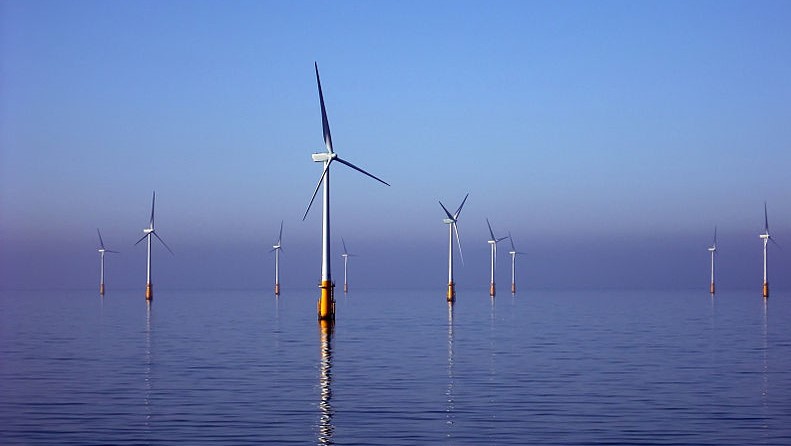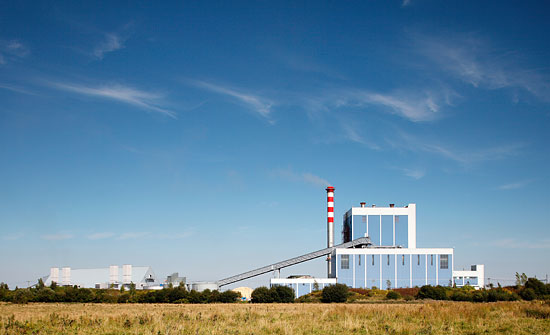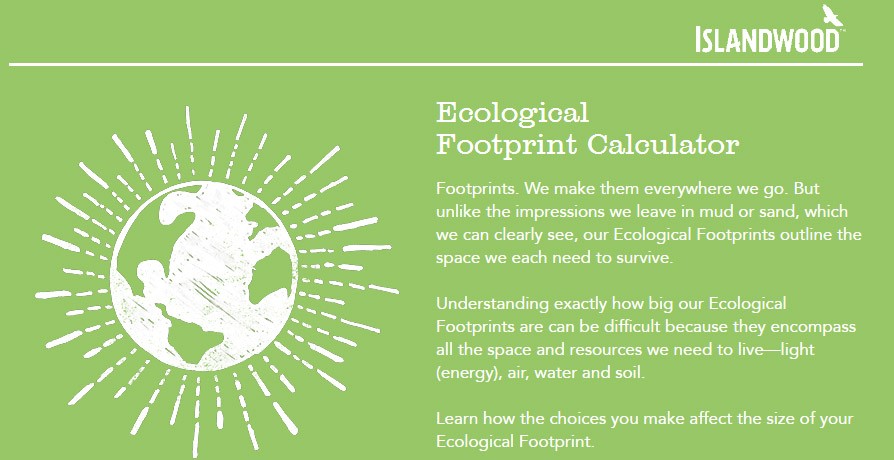Wind and solar may provide a third of EU energy by 2030, says Irish-led study

July 30th, 2018
Wind and solar could provide over one-third of Europe’s energy by 2030 without major impacts on prices if countries pool their renewable energy resources, a new Irish-led study has found.
The University College Cork-led study published in the energy journal Joule also warns that fluctuation of energy supply based on weather and time may create challenges for utility companies and cause swings in electricity prices.
Yet, despite susceptible to changing weather patterns such as long spells with low winds or overcast skies, the study estimates that the renewables can comfortably generate over one-third of Europe’s electricity by 2030, without major impacts on prices or system stability.
The study is quite unique as it looked at hourly wind and solar data from 1985 to 2014. Existing studies tend to use a single year of data, overlooking year-to-year fluctuation in weather.
Generation of wind power in the UK in July, for example, is down 40 per cent from this time last year as a result of the current drought conditions.
In a further scenario assuming a high proportion of renewables, yearly greenhouse-gas emissions fell by nearly 77 per cent between 2015 and 2030. Under the same conditions, the annual cost of generating electricity increased by fewer than 7 per cent, while year-to-year variation in costs jumped five-fold.

Offshore wind turbines at Barrow Offshore Wind off Walney Island in the Irish Sea Photo: Andy Dingley
If European countries pool their renewable energy resources, however, citizens can benefit from a cheaper and more secure energy system, the study finds.
Dr Iain Staffell from the Centre for Environmental Policy at Imperial said: “If European countries pool their renewable energy resources, everyone benefits from a cheaper and more secure electricity system, which will ultimately allow wind and solar power to provide a greater share of our energy needs.”
“While the cost of electricity might vary more from one year to the next along with the weather, overall the costs are going down as renewable sources become the cheapest way to produce electricity,” he added.
Renewable electricity support scheme
Earlier this month, the Minister for Climate Action, Denis Naughten TD announced Cabinet approval for a new renewable electricity support scheme (RESS). The scheme will use a competitive auction system where the cost of support will be determined by competitive bidding between renewable generators.
Farmer-led and community projects have voiced concern in the past that the auction scheme will rule them out of the market as they compete against large developers. The State support scheme appears to take some of the concerns onboard, proposing that five to 15 per cent of capacity will be allocated to community-led projects in each auction round.
There are also continued issues with bottlenecks in the electricity grid queue for solar projects due to speculative applications by large developers. Between them, ESB and EirGrid have received grid connection applications for over 6GW gigawatts (GW) of potential energy production, with applications rocketing in 2016. Ireland’s total annual energy generation capacity from all sources is around 10GW.
The wind industry has been beset with issues in Ireland, such as a lack of community involvement and engagement from developers and concerns over the 500m minimum setback distance from turbines. The wind guidelines were revised last year to take account of some concerns, however, the minimum setback remains unchanged.
[x_author title=”About the Author”]






